Life Skills for Fanboys: Dealing With Critics and Haters in the Internet Age
on July 7, 2014 at 12:01 am Life Skills for Fanboys: Dealing With Critics and Haters in the Internet Age
written by Tony DiGerolamo, Copyright 2014
To further my goal of helping fellow fanboys, I have included an index of links of previous columns with their topics. Don’t take it personal, I’m just trying to help. Previous columns are indexed at the end.
The Job of Good Critics
The job of a good critic is to provide insight into an artist’s work and provoke discussion about it, good or bad. I know this because for several years I reviewed comics and webcomics for CBG, Knights of the Dinner Table Magazine and other indie publications. Now, is your job to lure people to good comics and get them away from the bad ones?
Not necessarily. People have different tastes and a good critic has to recognize when a particular piece is good, even when it’s something he doesn’t personally like. Additionally, there is a value to a piece of artwork that is flawed or one that completely fails. It might be very ambitious and that ambition alone may elevate it above more polished works that succeeded, but never reached very high.
Also, the old adage is true: If you don’t have anything nice to say about someone, don’t say anything at all.
The Temptation of the Bad Critics
Bad critics succumb to the temptation and that is putting themselves above their work and the art they are analyzing. They often do that by attacking the piece in a snarky way, so that the review gets more hits. Let’s face it, a bad review is fun to read if it’s written very well. Unfortunately, it does little to expand the discussion of a particular medium if the critic ends up picking on an artist who is genuine in their efforts, but not very talented or very new to the medium.
Worthy Targets
The exception, of course, are worthy targets. Worthy targets are purveyors of the medium with all the money, promotion and marketing in the world. Their talent is often arrogant and they often promise much more than they actually deliver. These targets deserve every pun and verbal evisceration one can heap upon them.
How to Deal with Critics
As a creator, you read them and then ignore them. Don’t answer them. They are not to be answered. Link the fair reviews, forget the unfair ones. They will ultimately disappear in a sea of Internet pointlessness. Even if a critic is grossly unfair to you, it’s pointless to respond. You’re not going to win them over. You’re never going to get “You know, I hated your comic book when I read it and wrote about, but now that you explained it to me, I really like it.” No, that never happens.
A critic that places himself above the medium he’s discussing is not a critic at all. He is a fame seeker, a jealous nobody that will lash out at anything he can get away with tearing down, as long as it elevates him. If he can’t elevate himself by criticism, then he will love the art piece. These critics are often poorly informed. Now if you look at a really good critic, like Zero Punctutation, you’ll notice Yahtzee is extremely well informed about video games. Since bad critics often place their ego ahead of their writing, they don’t know very much because, you don’t need to know much if you’re just there to promote yourself.
Answering a bad critic will also not gain you anything (except maybe some smug satisfaction that “I told him!”). You see, since the bad critic is really just promoting himself, you answering is just another opportunity for the bad critic to point at you and say, “Look at this asshole! He’s so stupid!” On the Internet, you can’t establish the truth very well. Art is subjective, so you’ve got no ammo there. He was unfair with his review, so he’s definitely not going to be fair in his response to your response.
Trust me. Don’t respond. Just don’t look, if you’re too volatile not to.
The One Exception
There is one time that you can answer a critic and not lose. This is an extremely rare case and it only happened to me once.
Long story short, the critic reviewed Super Frat and he got a lot of basic, provable facts wrong. I don’t know what he expected or why he was so angry, but the review was so bad he literally just shat on the page in anger. I responded and he wisely did not. He was a worthy target because he didn’t even do the basics of his job. (The review is no longer posted, sadly.) But unless you have a huge, obvious opening like that, don’t respond. You’ll end up looking worse.
Haters
Some critics are just Haters posing as legitimate critics. Like a bad critic, haters are all about themselves. They attack others to make themselves feel good and they often stay anonymous for good reason. They tend to be pathetic little nobodies.
Prior to the Internet, these people would just stew in their own juices. Maybe they’d write a letter to the editor or release their bitterness in some other way person-to-person. But these Haters of the past quickly realized that there are consequences to hating on everything. Some would eventually mature and stop.
On the Internet, however, haters start younger and can last forever. They hate for the feeling of invulnerability, because in their real lives they are vulnerable and weak. They hide behind avatars and will lie to achieve their goals, which is often to just spread their own misery to everyone else. Even if they completely embarrass themselves under the name of one avatar, they can invent a new name and then show up again. Some even go so far as to run multiple avatars to appear as to have a consensus about their awful opinions.
How to Tame the Haters
It’s even more important that you ignore the haters. Bad critics are at least, pretending to be critics. They are putting their work on a website and it’s nearly impossible to do it completely anonymously. They at least have some stake in the reputation they are building, even if it’s a bad one.
Haters have no reputation to protect. Facts, fairness and even just basic human compassion mean nothing to a true hater. In fact, they revel in your despair if you show weakness.
A hater’s only weakness is the lack of attention they normally get and so richly deserve.
How to Ignore a Hater
1. Protect your website: Make sure you can screen the comments. Hey, you’re not running a Democracy. You’re not obligated to include everyone’s half-baked comments and insults. I had a guy get so out of hand on Super Frat and make comments so mean, they were boring. They were just uniformly mean. I deleted him and his comments without responding. Problem solved.
2. Don’t respond: Haters will attempt to draw you out in what appears to be a “fair” argument. Don’t fall for it. You’re not obligated to discuss your work with some anonymous a-hole who demands it. Ignore the comments. If he starts trying to win over fans to his side or just relentlessly posts, delete him.
3. The Non-Response: It is possible to frustrate a hater with a non-response like “Please only post comments that are in the spirit of the message board” or “Constructive criticism and discussion are welcomed. Personal attacks will be deleted.” This is likely to infuriate the hater enough so when he is finally banned, the rest of the commenters will understand. The others will be on your side anyway.
4. Killing with Kindness: Respond with nothing but polite, positive messaging. “I’m sorry you didn’t like this webcomic, but thanks for stopping by and commenting!” “Thanks for taking the time to share your opinion. I hope you’ll find a better webcomic to visit!” Relentless positivity is like Kryptonite to a hater. Their energy begins to wither and when they see they can’t get at you, they’ll move on. You’ll end up looking great and they’ll end up looking like the bitter, angry troll that they are.
The Most Dangerous Game
The most dangerous game is to battle it out with the hater. The first thing you must do is get them on your turf, ie, your website. Your blog should have the capability to ban the hater and erase and/or edit his comments. If you have all that control and way too much time on your hands, you might do what I did.
I had at hater on the comments boards of The Webcomic Factory. This particularly hater was especially cartoonish. He literally hated everything on the website and launched into personal attacks. Needless to say, I made fun of him relentlessly. I took the position that he was in love with me (in a way, he was being jealous of my site) and I tormented him daily for a while. Eventually, however, it became tiresome. He was way more invested in tearing me down than I was in trying to entertain myself. I eventually banned him and he went away.
Why You Need to Ignore the Haters and Bad Critics
The negativity that these kinds of people emit is designed to bring you down, anger you and push your buttons. You will never get a fair hearing from them on any point or any topic. Your only chance is to hope that they are so arrogant that they make an embarrassing mistake you can point out to humiliate them. Short of that, you just have to whether the storm. Feeding the troll just makes them stronger. Ignoring them defeats the very reason they came to hate on you.
As a friend of mine is fond of saying, “The only way to win is to not play the game.”
My Message to Bad Critics and Haters
If your ego is more important than the work of criticism, if you cannot resist tearing down something or someone because it’s funny and not because they are a worthy target, you are not a critic. You’re not doing your job. Please stop. Close down your website and stop fooling yourself. You don’t have to listen to me. You will eventually fail on your own. I’m just trying to save you some time and other creators some grief.
Haters, I was once like you. Young, angry and bitter. I know your frustration. The world is unfair. But the world and the Internet do not “owe” you something. If you cannot choose a worthy target for your bile, then you are worse than the worthy targets. You are a child with a larger vocabulary and a laptop. You should seriously look at your life and question why you are so negative about everyone and everything. I did and I’m much happier for it.
I know you’re miserable. You wouldn’t put that kind of energy into tearing people down if you’re happy. Happy people have lives, jobs, careers, friends— Your crusade is just a distraction, so you don’t have to be reminded of your own life, which you have harshly judged as lacking in some way. Give yourself a break. Your life is not so bad. The world is not so bad. Yes, bad things happen and there are bad people who do bad things.
If you’re not rallying yourself against worthy targets, if you just pick on the small and weak and vulnerable— Then you are one of those bad people. You’re making the world a worse place by choice. Constructive criticism is better than snarky criticism. One is helping a creator grown, the other is just basking in your own glory.
I know it’s tough to change. It took me years. I was addicted to my own misery and negativity. Misery and negativity are strangely comforting when you used to it. Like all addicts, you’ll always be an addict. You’ll always have to guard against relapsing. But you can leave that self-pitying ball of anger behind and never pick it up again if you want. If you insist the world is shit, it becomes a self-fulfilling prophesy. However, the reverse is also true. If you’re positive and insist the world is such, then the world does become more positive.
Haters, you don’t have to be unhappy. The first step is just to stop attacking everyone and trying, instead, to put your energy into elevating the things you think are good and positive in the world.
Trust an ex-hater. You’ll feel better for doing it.
Previous Columns
Obesity at Cons
The Art of Conversation
Grooming
The Line Between Fans and Pros
Geek Elitism
Convention Panels
Convention Volunteers
Food Gifts
Women and Cons
Get Your Room Party Together
Stop Bringing Your Kids to Cons
The Face of Geek Needs Work
Fixing the Face of Geek
Franchise Worship
Presenting Your Project
The New Image?
Stop Trying to Make Geek Cool
Rethinking the Comic Book Con
Zombie Stories Should Still Be About People
Geek Stereotypes and the Big Bang Theory
Con Locations
Traveling to Cons on the Cheap
Con Economics
Comics, Sexism and Trolling
Searching for the Words
How to Fix Comics? Stop Reading Them
Shopping at the Con
The Hollywood Double Edged Sword
Beware the Geek Scams
Success Kills
In Response to Chuck Dixon, Paul Rivoche and Janelle Asselin
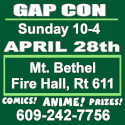
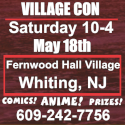

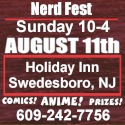



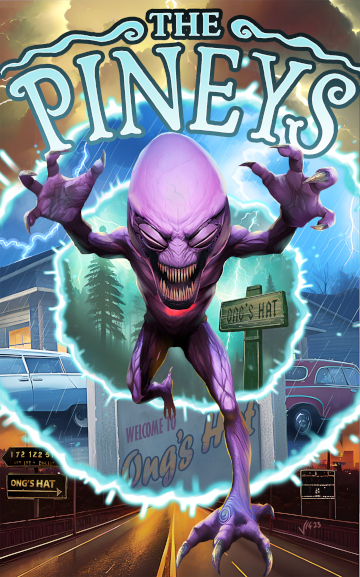
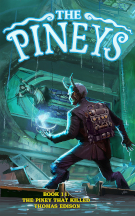
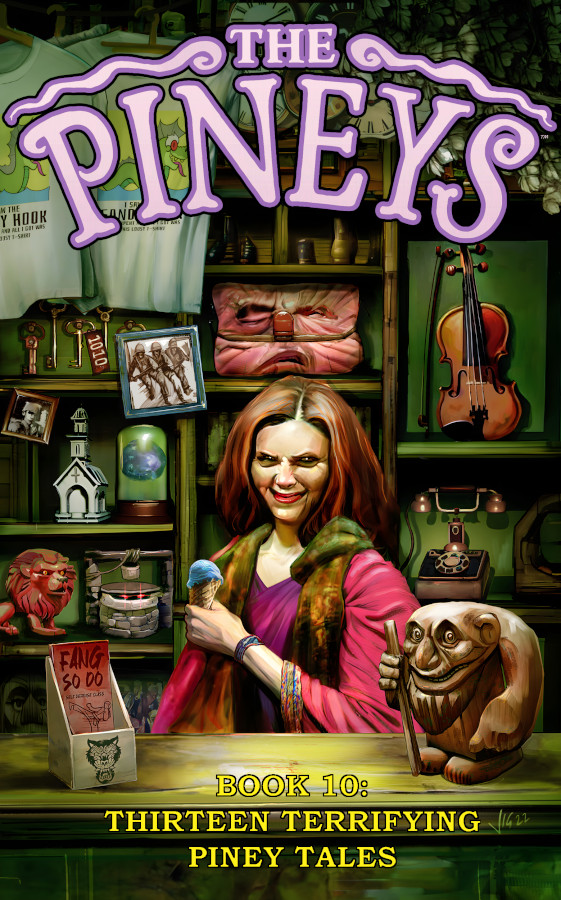

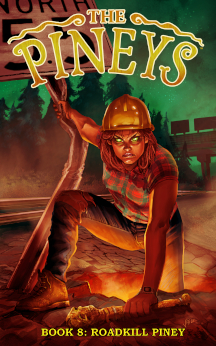
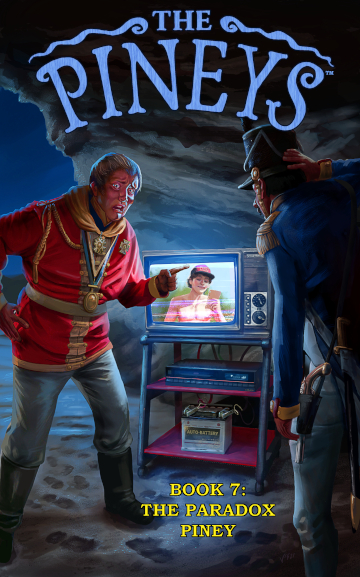
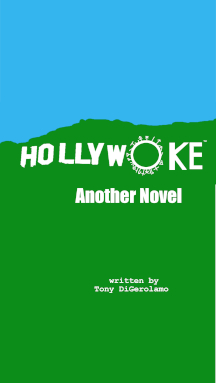
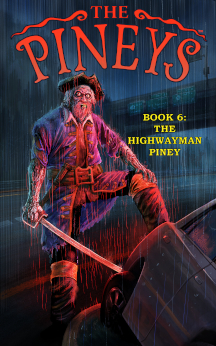
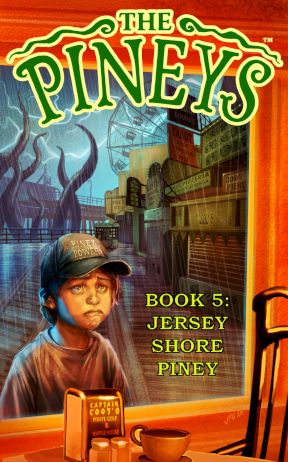

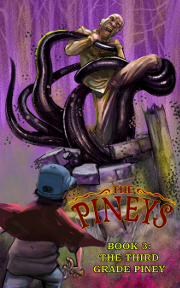
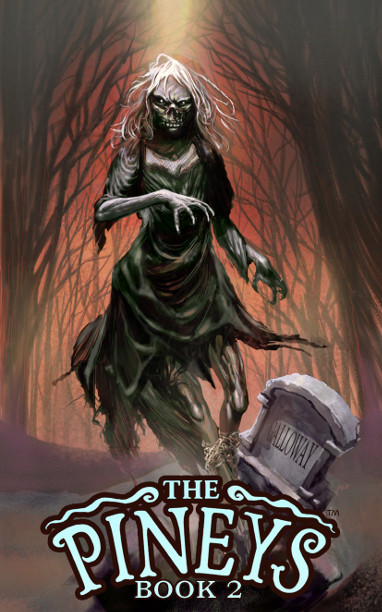
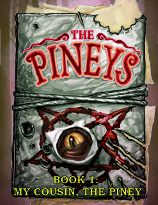







Comments are closed.